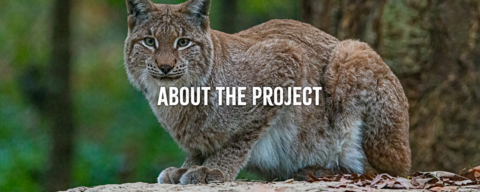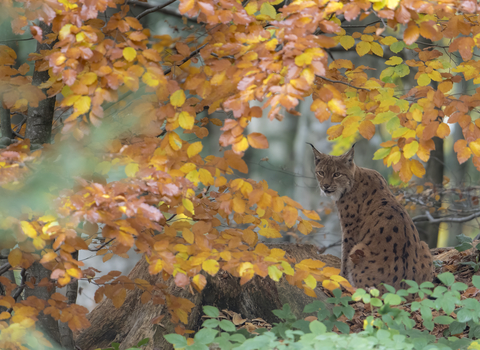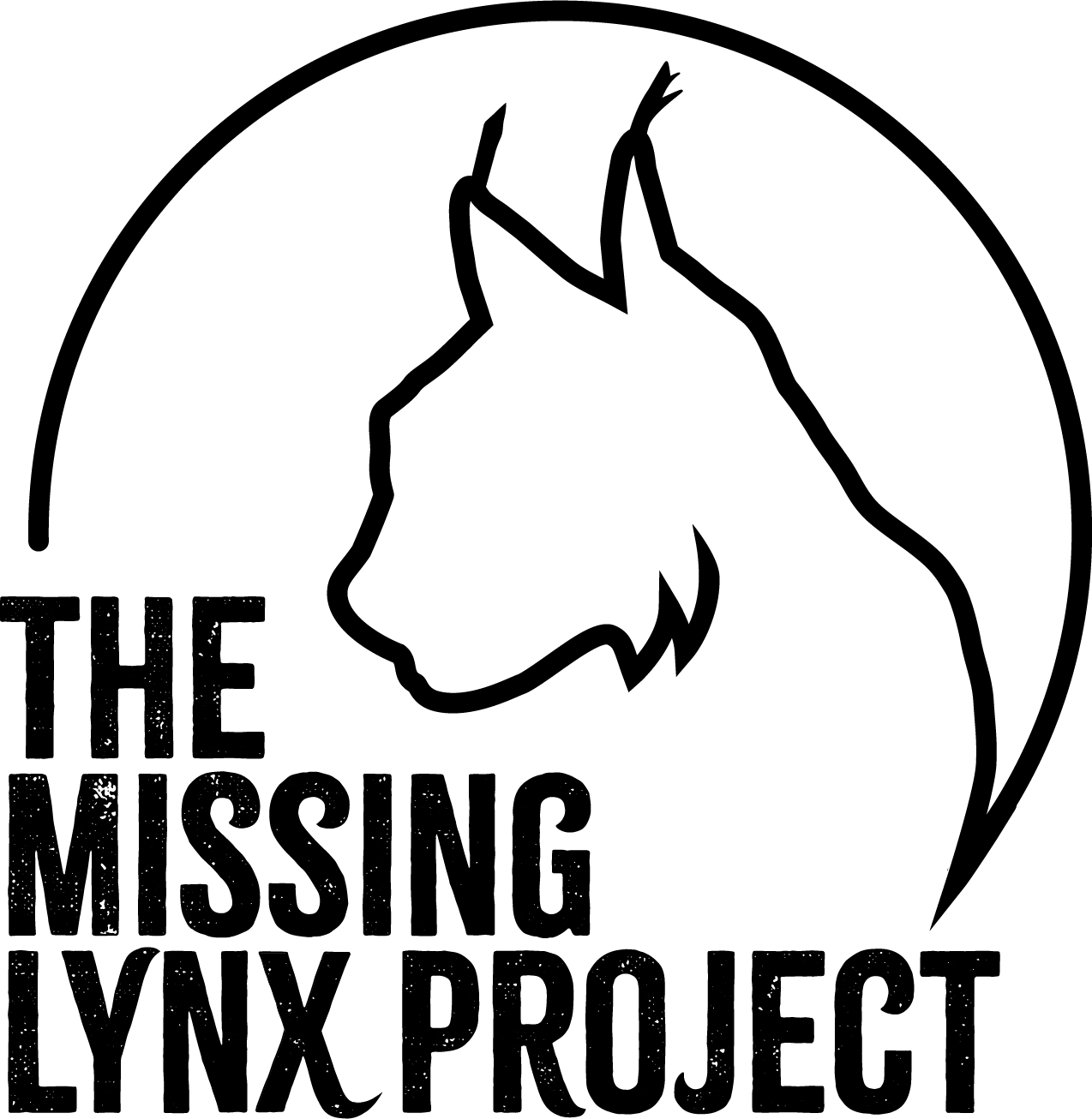
Lynx © Kenny Goossen
The Missing Lynx Project is a partnership project investigating the possibility of reintroducing lynx to Britain. The project is focusing on a habitat patch in Northumberland and bordering areas of Cumbria and southern Scotland.
We are currently exploring the ecological, practical and social feasibility of reintroducing lynx. This is basically asking three key questions. Is there an area in England where lynx could live? How could we go about bringing lynx back? And would local people accept lynx back in the landscape?
The Missing Lynx Project partnership would support a lynx reintroduction if there is both an area in Britain where lynx can live, and if local people are accepting of the animal back in the landscape.
The Missing Lynx Project partnership is working with local communities to consider how a reintroduction project could be managed to maximise benefits and reduce risks. The partnership hopes to apply for a licence to reintroduce lynx to north-west Northumberland once we have a plan that's collaboratively designed with local people which sets out measures that are acceptable, feasible and can be implemented.
Why lynx?
Eurasian lynx are native to Britain and lived here for thousands of years until they disappeared in medieval times when their woodland habitat was largely chopped down. Lynx were a critical part of our ecosystems. As top carnivores, they hunted deer and sometimes foxes. This helped regulate prey populations and had trickle down benefits for other wildlife.
Find out more about the role of lynx
Lynx could also provide social benefits for people and local communities, such as wildlife watching experiences and nature tourism. These benefits have already been seen in other countries where lynx have been reintroduced.
Discover more benefits that lynx can bring
Our approach
Lynx reintroductions have been taking place across Europe over the last few decades. We are learning from these successful projects and working with European experts to assess whether it would be possible to have a lynx reintroduction in England. The first step was to use scientific evidence to examine whether there was anywhere in Britain where lynx could live.
Our research found that if lynx were to be released in Northumberland, they could grow into a healthy population covering north-west Northumberland, the edge of Cumbria and the bordering areas of southern Scotland. Only in this area do we have the extensive forest habitats that lynx need. A reintroduction would not be possible in other areas of England and Wales. This research was peer-reviewed and published in the Journal of Environmental Management.
Discover more about our research
Knowing that lynx could live in this area, the next step was to find out what people think about the idea of bringing lynx back. As part of this, we created a travelling Missing Lynx exhibition and toured venues around the project area. We welcomed almost 10,000 visitors at 15 venues, including town and village halls, agricultural colleges and iconic local landmarks like Hexham Abbey and The Sill: National Landscape Discovery Centre. The exhibition provided an opportunity for people to learn more about lynx and also to share their views.
Alongside the exhibition, we facilitated focus groups, workshops, interviews and meetings to enable the local community to help shape the project. We also created a questionnaire to gather views and opinions on lynx and the subject of reintroduction. This questionnaire was shared around the project area, to get an understanding of perceptions of lynx in the region.
We had just over 1,000 responses from people in the project region, with 72% supporting the idea of a lynx reintroduction. Now, we’re continuing discussions with people and communities in our project area, exploring how any future lynx reintroduction could bring the most benefit to people and wildlife. We’re also sharing a new questionnaire with a wider audience to get a better understanding of the nation’s views on lynx reintroduction.

Lynx © Berndt Fischer
Donate
If you would like to support The Missing Lynx Project to reach more people please consider donating today.
